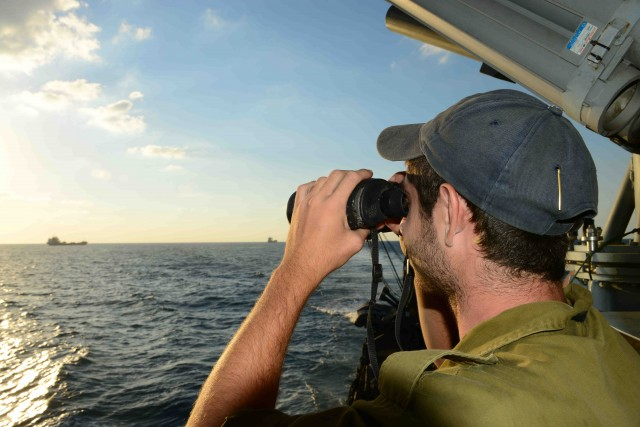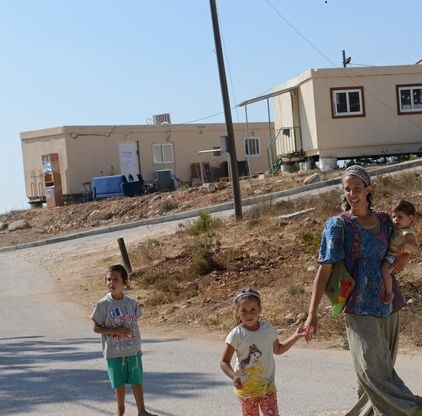While the BBC has been telling its audiences for years that “Israel says” that the counter-terrorism measures imposed on the Gaza Strip are for security reasons, it usually refrains from reporting stories which would clarify why such measures are necessary both on land and at sea.

Another such story emerged late last week when the Israeli army announced that – days after terrorists in the Gaza Strip had launched nearly 700 rocket attacks against Israeli civilians – it had prevented an attempt to breach the naval blockade.
“The army said four suspects were arrested last month after trying to break a maritime blockade on the coastal enclave and reach Egypt in two boats.
The incident occurred on May 11, but was only cleared for publication on Friday.
According to a statement released by the Israel Defense Forces, the four were attempting to reach the coast of Egypt’s Sinai peninsula, where they were to pick up 24 drums of fiberglass material.
The army said the material, which is forbidden to import into the Strip, was to be used by Hamas, the terror group that is the de facto ruler of the Strip, to build rockets.”
Unsurprisingly given the corporation’s past record, BBC audiences have to date heard nothing of that story. They have, however, in recent months been told context-free stories about Gaza’s fishing sector.
Related Articles:
BBC News passes up on Gaza Strip weapons smuggling story
BBC waives another chance to explain why Gaza’s naval blockade exists




